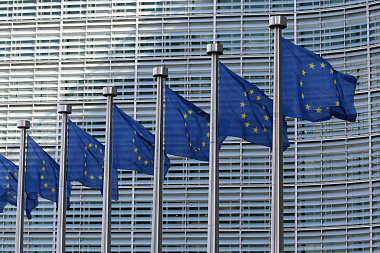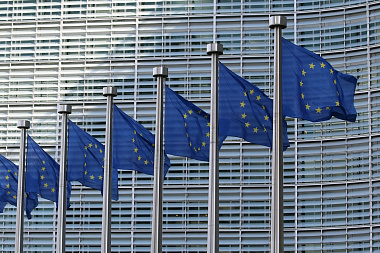Summary of key amendments
On 8 August 2024, the Russian President signed a law imposing new obligations on the owners and users of messengers and social networks. In particular, starting from 1 November 2024, a register of bloggers (those who have an audience of more than 10,000 followers) will be created, and starting from 1 January 2025, it is planned to block bloggers not included on the register and prohibit them from placing advertising on their pages.In addition, the law introduces new requirements for the provision of mobile telecommunication services, which affect all operators and a wide range of subscribers. We will cover these changes in a separate legal update.
Who will be affected by the law?
The law has been adopted primarily to strengthen control over the SIM-card market and lift the anonymity of bloggers. But it will affect, to a greater or lesser extent, all mobile operators and their subscribers, as well as social networks, messengers and their ordinary users. Certain provisions of the Law may affect advertisers who place adverts with bloggers.Bloggers
Starting from 1 November 2024, bloggers will be required to provide Russia’s telecom watchdog, Roskomnadzor, with information (the list of such information will be provided by the Government) which makes it possible to identify them in order to include them in Roskomnadzor’s special register if their audience exceeds 10,000 users (“Register”). Once entered in the Register, a blogger will not be permitted to:
- repost information which was published on the pages of other bloggers not included on the Register;
- distribute prohibited information or information violating laws.
Other social network users (including those who do not have 10 000 followers) will be prohibited from reposting information disseminated on the pages of other users with an audience of more than 10,000 users but not included on the Register.
Social networksBased on a literal interpretation of the Law, the requirements of the Law only apply to “social networks” within the meaning of article 10.6 of Federal Law No. 149-FZ “On Information, Information Technologies and the Protection of Information,” i.e., to those that are included in Roskomnadzor’s register of social networks (Currently, the register includes 15 resources: VKontakte; Odnoklassniki; X (formerly Twitter); TikTok; Likee; YouTube; Telegram; LiveJournal; Pikabu; Pinterest; Dzen; RuTube; Twitch; Discord; and Yappy).
Social networks will be required to:
- provide information on social network users at the request of Roskomnadzor or the Federal Security Service of Russia (known as “FSB”);
- post information on the bloggers’ page that they are included on the Register (staring from 1 January 2025);
- at Roskomnadzor’s request, block bloggers until they comply with the requirement to register on the Register (such requirement must be fulfilled within 24 hours of receiving such request)
The law imposes new obligations on instant messaging services (messengers). Such services will now be required to:
- limit the receipt of messages by users without their consent, if the service is unable to identify the sender (first of all, this concerns spam messages);
- provide information on messenger users at the request of “competent executive authorities.” The scope of and the procedure for providing such information will be determined by the Government of the Russian Federation.
Roskomnadzor will create and maintain a Register of bloggers (having an audience of more than 10,000 users) from 1 November 2024.
Roskomnadzor is also given the power to:
- request information on the users of messengers and social networks and request such users be blocked;
- send requests to social networks to block those bloggers who do not comply with the requirement of the Law and are not on the Register.
Liability for non-compliance with the law
The Law does not introduce any new types of liability, but expands the scope of application of already existing types of administrative liability. In particular:- Bloggers not included on the Register, websites where they place ads and advertisers may be held liable under article 14.3 of the Code on Administrative Offences of the Russian Federation (“Violation of Advertising Laws,” with the maximum liability of up to RUB500,000);
- Messengers non-compliant with the Law: in accordance article 13.39 of the Code on Administrative Offences of the Russian Federation (“Failure to fulfil the obligations of the organiser of an instant messaging service,” the maximum liability under this article is up to RUB2 million);
- Social networks in accordance with article 13.50 of the Code on Administrative Offences of the Russian Federation (“Failure to fulfil obligations by the owner of a social network,” the maximum liability under this article is up to RUB8 million).







